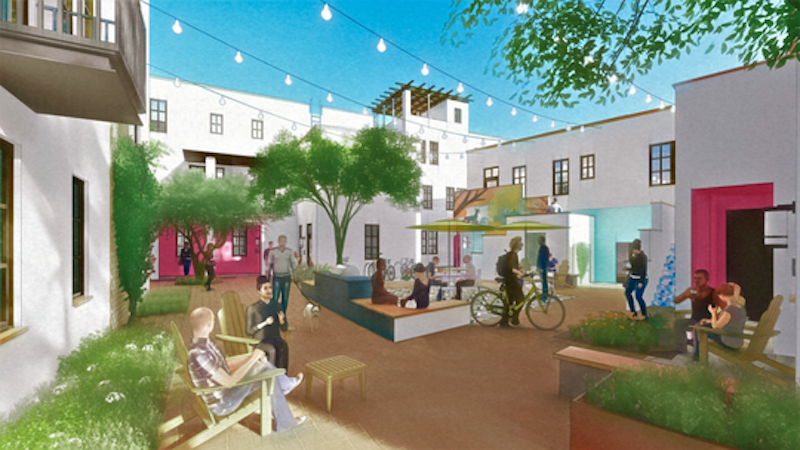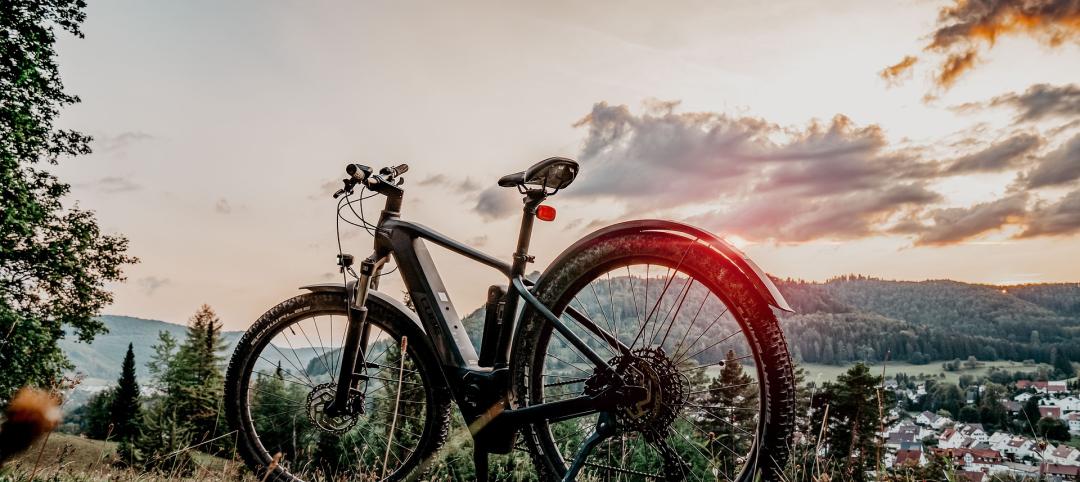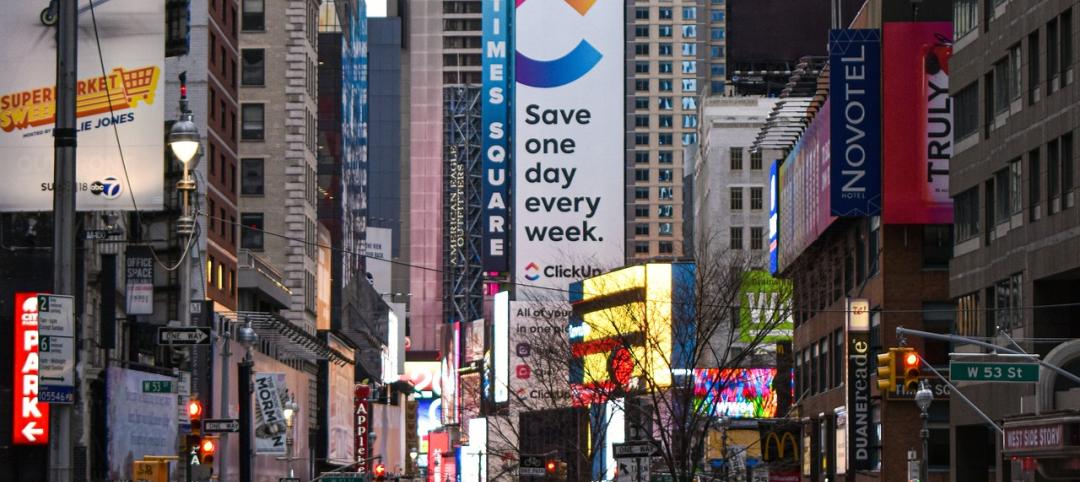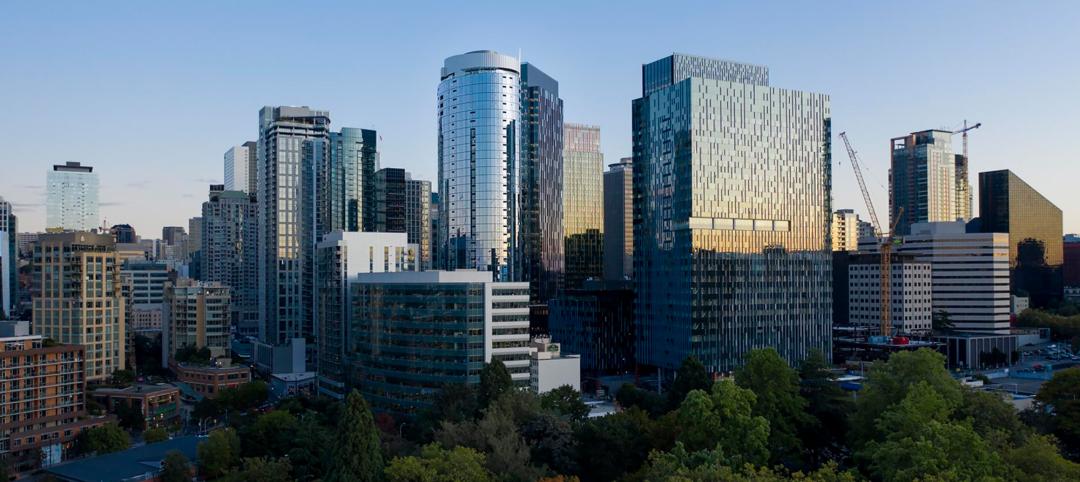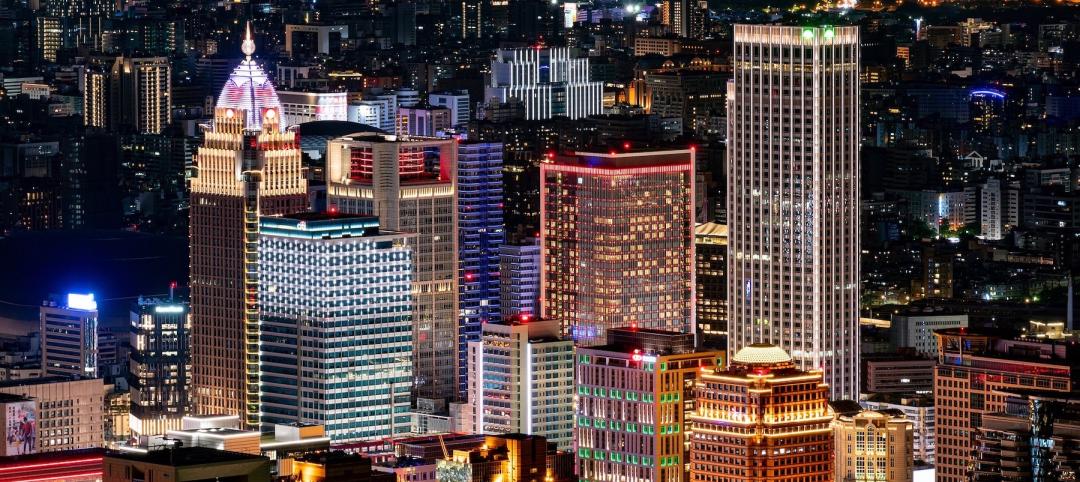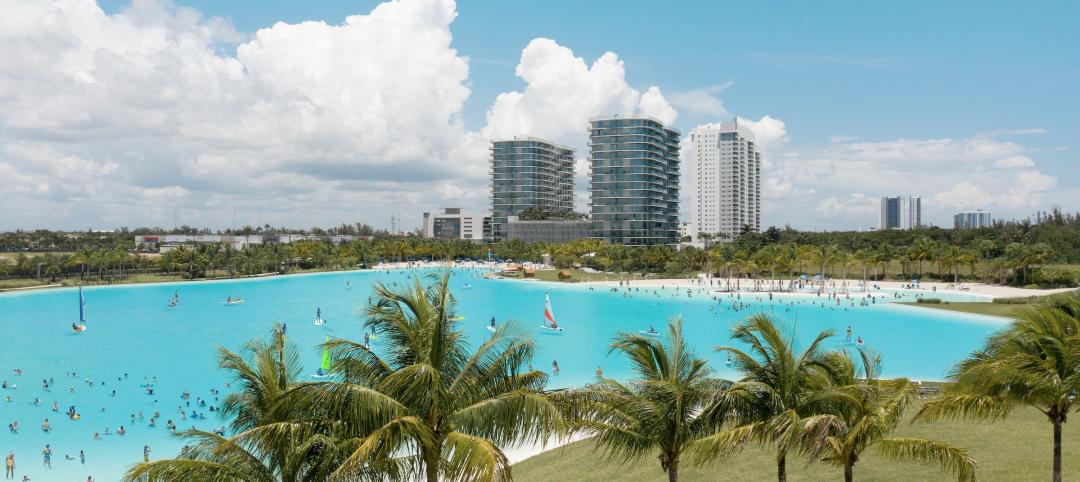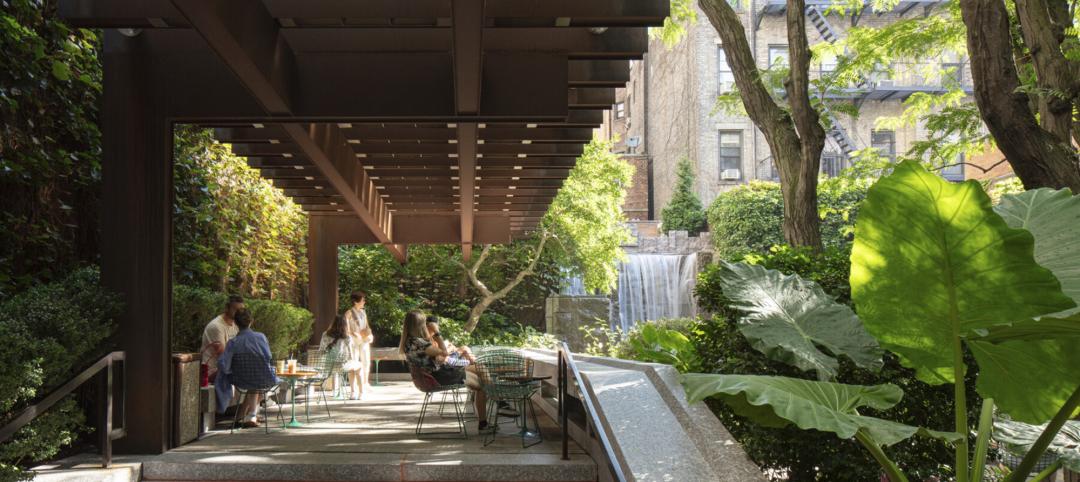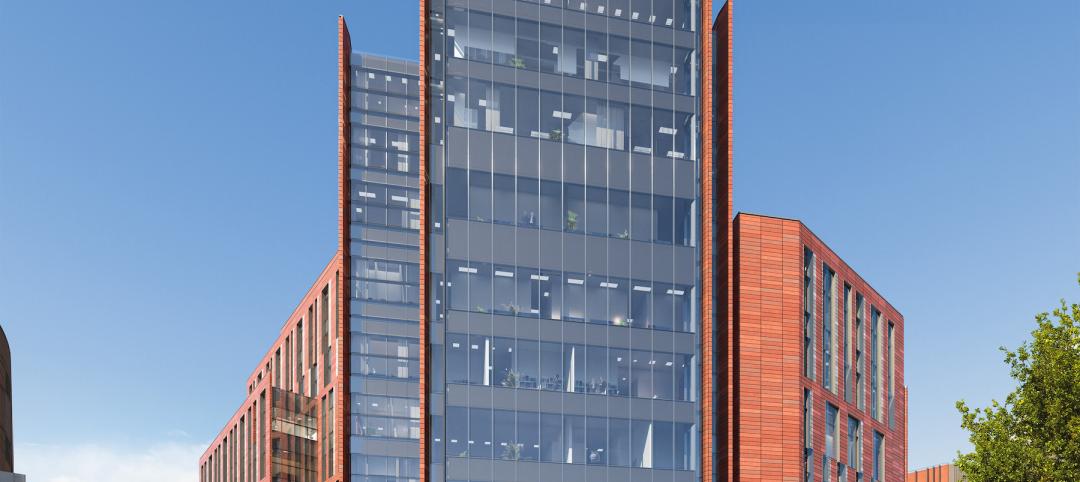Culdesac, a developer that specializes in building car-free neighborhoods from scratch, operates with a key insight in mind: the way we move defines the way we live. And because how we move is changing, thanks to things like ridesharing, the way we live should change as well.
As such, Culdesac Tempe, currently under construction on a 16-acre site in Tempe, Ariz., will be the first car-free neighborhood built from scratch in the United States, according to the developer. The $140 million project will provide 636 apartments for approximately 1,000 residents, with space for zero private cars. That’s right, if you want to live in Culdesac Tempe, you will need to leave your wheels behind. The neighborhood’s one small mini-lot will be stocked with hourly rentable car-sharing, such as GetAround, Turo, or Zipcar, and the perimeter of the neighborhood will be stippled with rideshare pick-up zones.
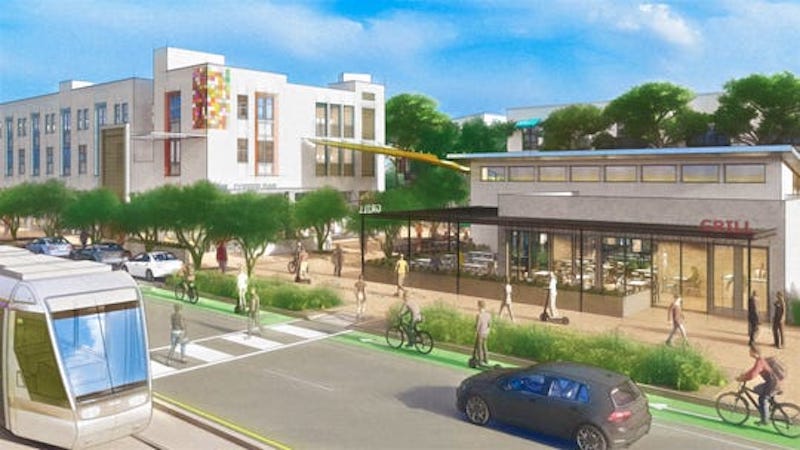
Space that is typically set aside for streets and parking lots will instead be used for acres of greenspace, courtyards, and shops. Not having to create a maze of pavement for vehicles means more than half of the land area will be covered in landscaping and greenery, a ratio not seen in urban developments.
See Also: Redefining lost urban spaces: 5 ways to turn a laneway into a “lanescape”
But Culdesac Tempe doesn’t plan on leaving its residents stranded without any transportation besides their own two feet. The neighborhood will bring together services like ridesharing, shared bikes and electric scooters, same day grocery delivery, and an on-site light rail station that connects to the downtown to mitigate any headaches associated without having a private vehicle. The neighborhood will also feature a pool, a dog park, and a gym.
Another interesting idea Culdesac Tempe will be trying looks to reimagine the guest room. Instead of private guest rooms, which often times aren’t even used, residents will be able to put up friends in bookable guest suites strategically placed throughout the neighborhood.
Culdesac Tempe is slated to launch in late 2020.
Related Stories
Urban Planning | Apr 12, 2024
Popular Denver e-bike voucher program aids carbon reduction goals
Denver’s e-bike voucher program that helps citizens pay for e-bikes, a component of the city’s carbon reduction plan, has proven extremely popular with residents. Earlier this year, Denver’s effort to get residents to swap some motor vehicle trips for bike trips ran out of vouchers in less than 10 minutes after the program opened to online applications.
Urban Planning | Apr 12, 2024
New York City’s safest year for pedestrians due to concerted effort of street redesign, speed restrictions
In 2023, New York City recorded its safest year for pedestrians since record-keeping began in 1910. In a city of 8.5 million people, 101 deaths were due to vehicles striking pedestrians, less than one-third the number of the early 1990s. New York City ramped up its efforts to make walking and biking safer in 2014 when the city reduced its speed limit to 25 miles per hour.
Codes and Standards | Apr 8, 2024
Boston’s plans to hold back rising seawater stall amid real estate slowdown
Boston has placed significant aspects of its plan to protect the city from rising sea levels on the actions of private developers. Amid a post-Covid commercial development slump, though, efforts to build protective infrastructure have stalled.
Mixed-Use | Apr 4, 2024
Sustainable mixed-use districts: Crafting urban communities
As a part of the revitalization of a Seattle neighborhood, Graphite Design Group designed a sustainable mixed-use community that exemplifies resource conversation, transportation synergies, and long-term flexibility.
Codes and Standards | Mar 18, 2024
New urban stormwater policies treat rainwater as a resource
U.S. cities are revamping how they handle stormwater to reduce flooding and capture rainfall and recharge aquifers. New policies reflect a change in mindset from treating stormwater as a nuisance to be quickly diverted away to capturing it as a resource.
Urban Planning | Mar 17, 2024
A new report surveys city dwellers about urban living
Architects are rethinking the city of the future in terms of relieving resident challenges.
MFPRO+ Special Reports | Feb 22, 2024
Crystal Lagoons: A deep dive into real estate's most extreme guest amenity
These year-round, manmade, crystal clear blue lagoons offer a groundbreaking technology with immense potential to redefine the concept of water amenities. However, navigating regulatory challenges and ensuring long-term sustainability are crucial to success with Crystal Lagoons.
Urban Planning | Feb 5, 2024
Lessons learned from 70 years of building cities
As Sasaki looks back on 70 years of practice, we’re also looking to the future of cities. While we can’t predict what will be, we do know the needs of cities are as diverse as their scale, climate, economy, governance, and culture.
Healthcare Facilities | Jan 7, 2024
Two new projects could be economic catalysts for a central New Jersey city
A Cancer Center and Innovation district are under construction and expected to start opening in 2025 in New Brunswick.
Sustainability | Jan 2, 2024
Los Angeles has plan to improve stormwater capture and source 80% of water locally
Los Angeles County’s Board of Supervisors voted for a plan to improve stormwater capture with a goal of capturing it for local reuse. The plan aims to increase the local water supply by 580,000 acre-feet per year by 2045.


